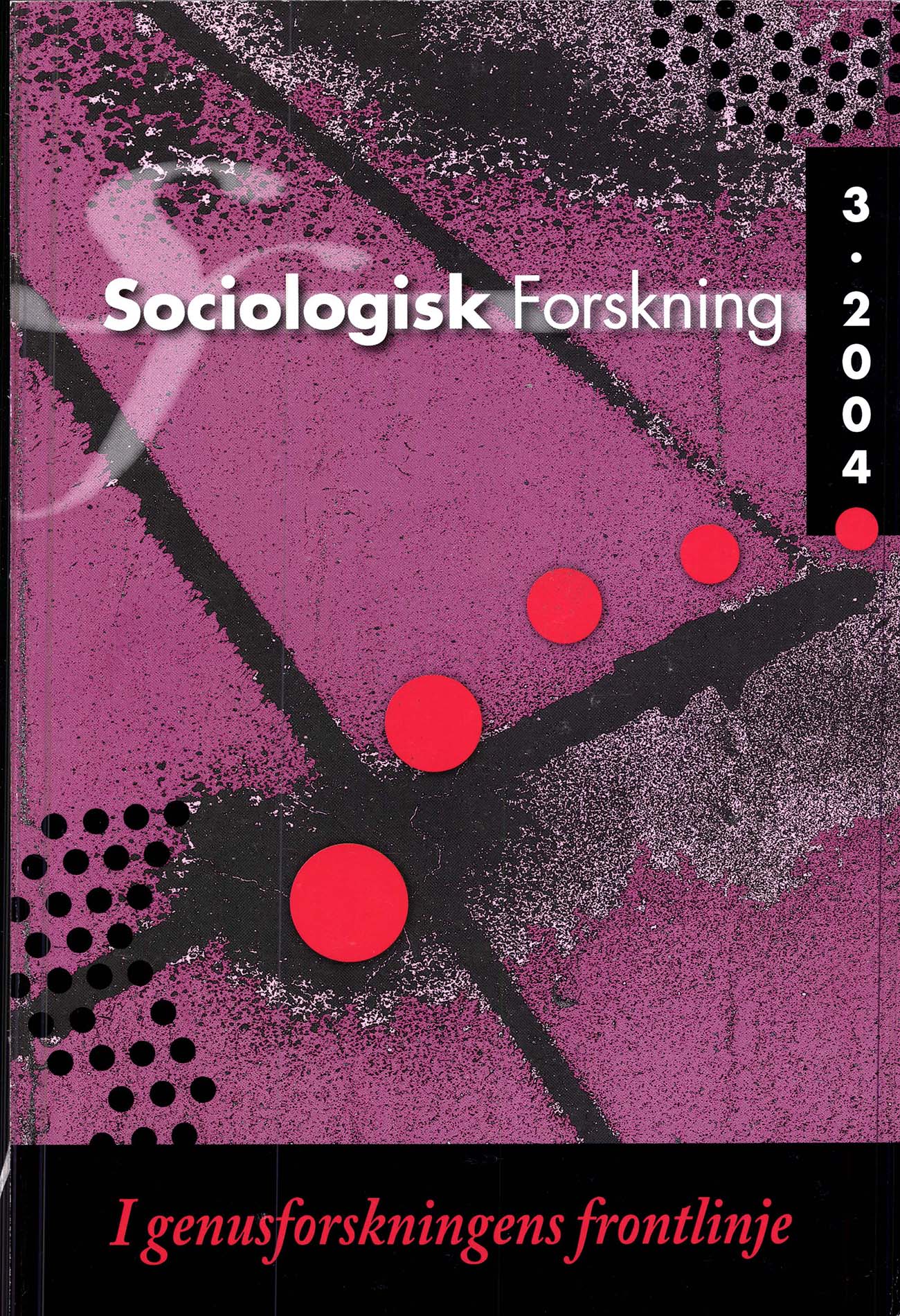Livfas eller generation?
Ungas attityder till välfärdsstatliga utgifter
DOI:
https://doi.org/10.37062/sf.41.19379Keywords:
youth, attitudes, welfare state, individualization, generationAbstract
Young people’s attitudes towards the Swedish welfare state’s expenditures are scrutinized in this study. Data from Statistics Sweden Survey of Living Conditions was used and a total of 5732 respondents aged 19 to 65, out of which 1106 were aged 19-30 years old, answered questions regarding what expenditures they considered should increase or decrease. The results show that there is self-interest in attitudes to the distribution of expenditures and substantial age-differences. Young people were more positive concerning expenditures towards the support argued important for establishment. Actual monetary transfer was not distinguishing between ages, therefore the situation of real or potential risk-exposure characteristic for youth was argued what was explaining the age-difference in attitudes. The results support the life-phase effect rather than the generation effect — individualizations achievement orientation — in the distribution of attitudes towards the Swedish welfare states expenditures.
Downloads
Published
How to Cite
Issue
Section
License
All content in Sociologisk Forskning is published with immediate open access, under the Creative Commons license CC BY-NC-ND 4.0.
All content may be read, downloaded, shared and printed for non-commercial purposes, free and without fees. Contents may not be altered. When content is reused, author, source and a link to the copyright licence must be provided. The author retains copyright to their content. No publication fees are charged.





